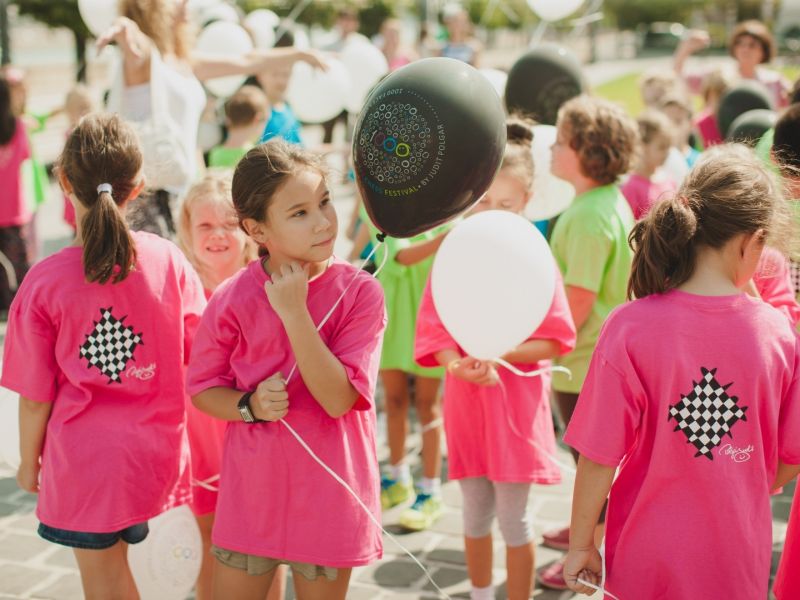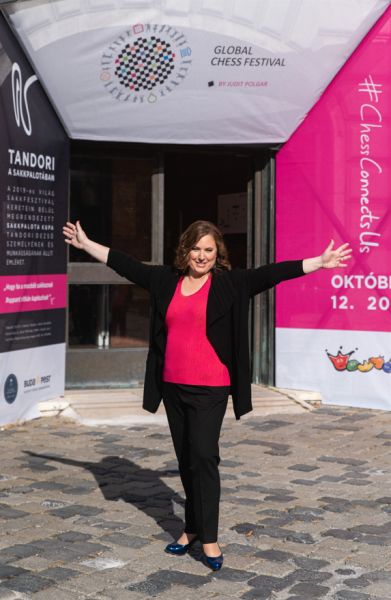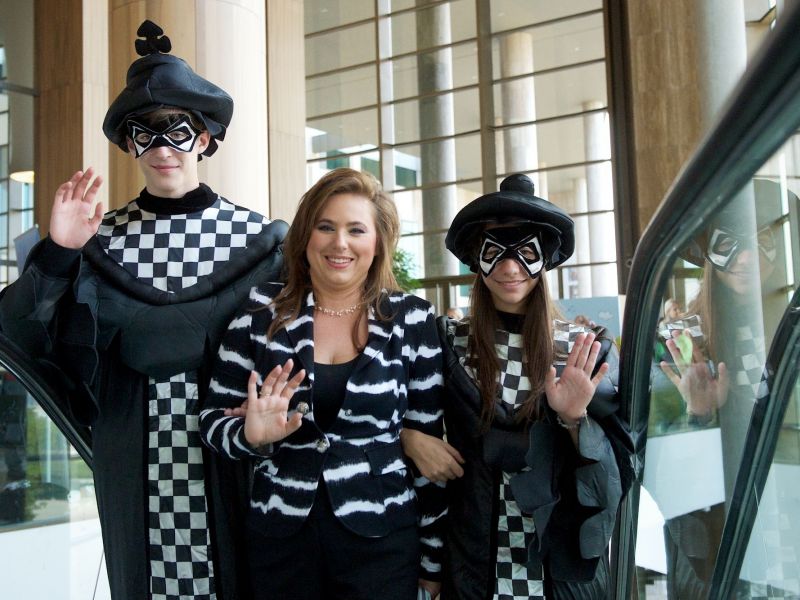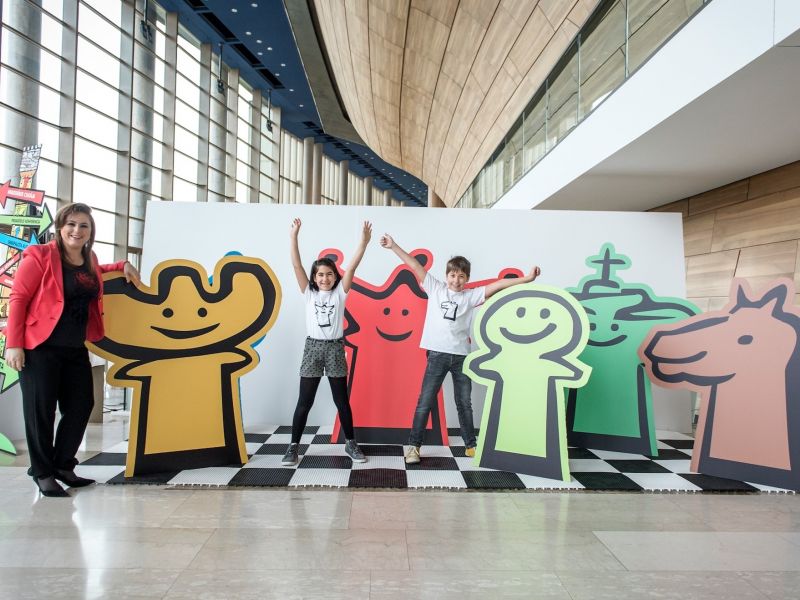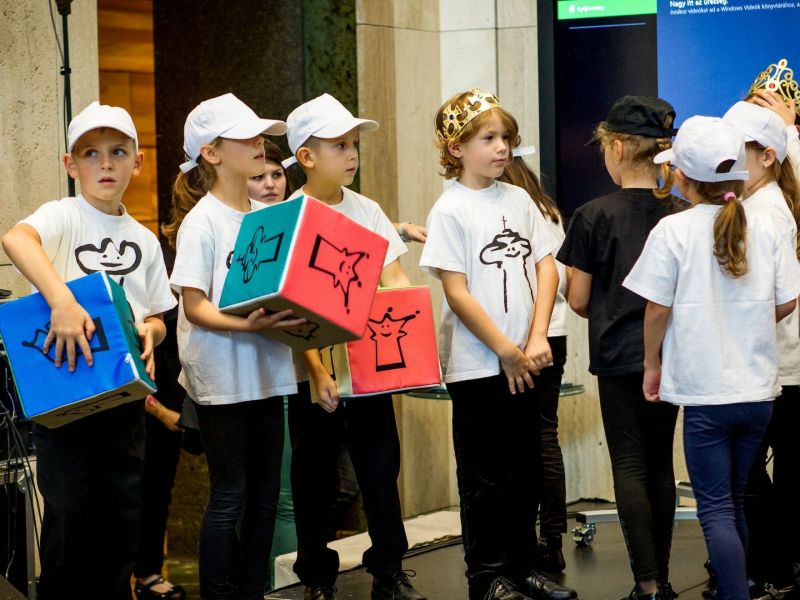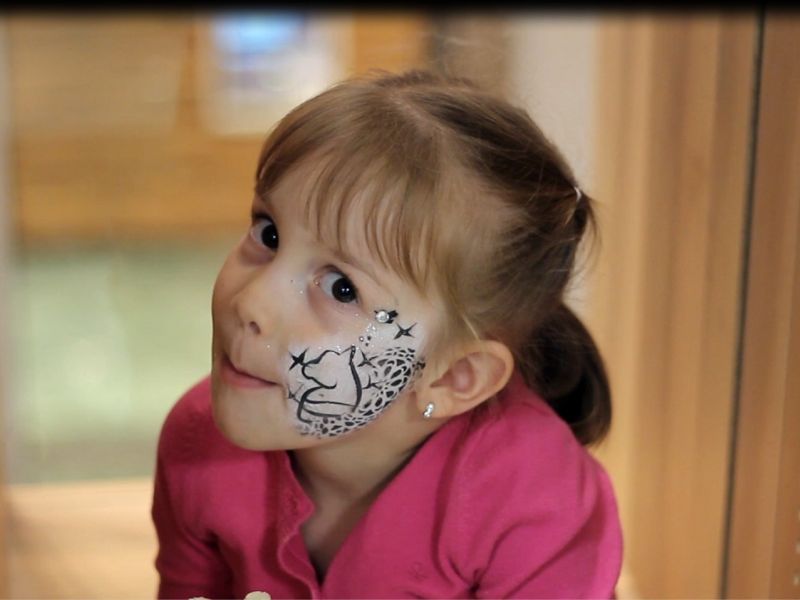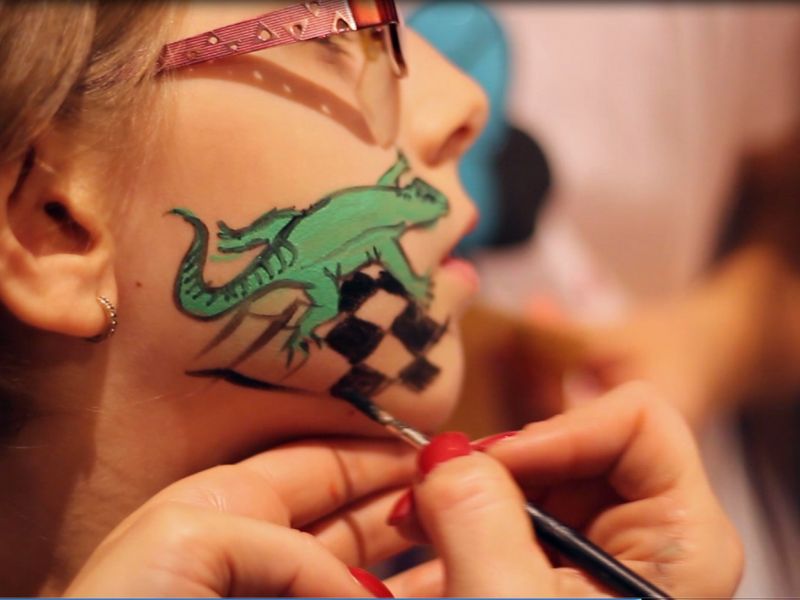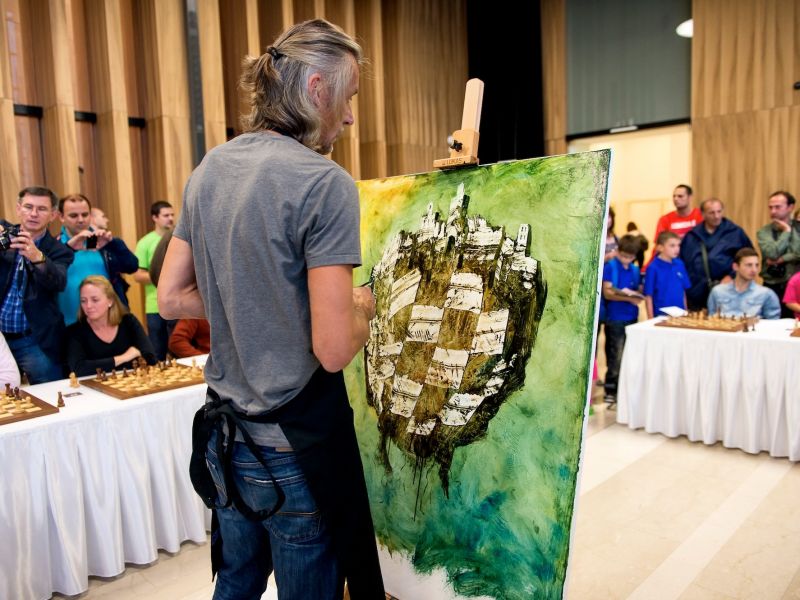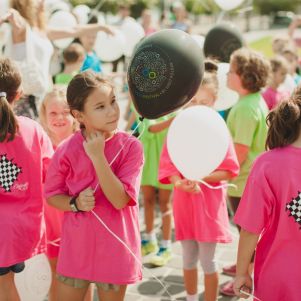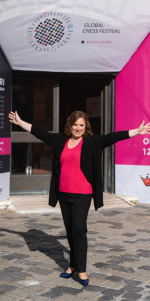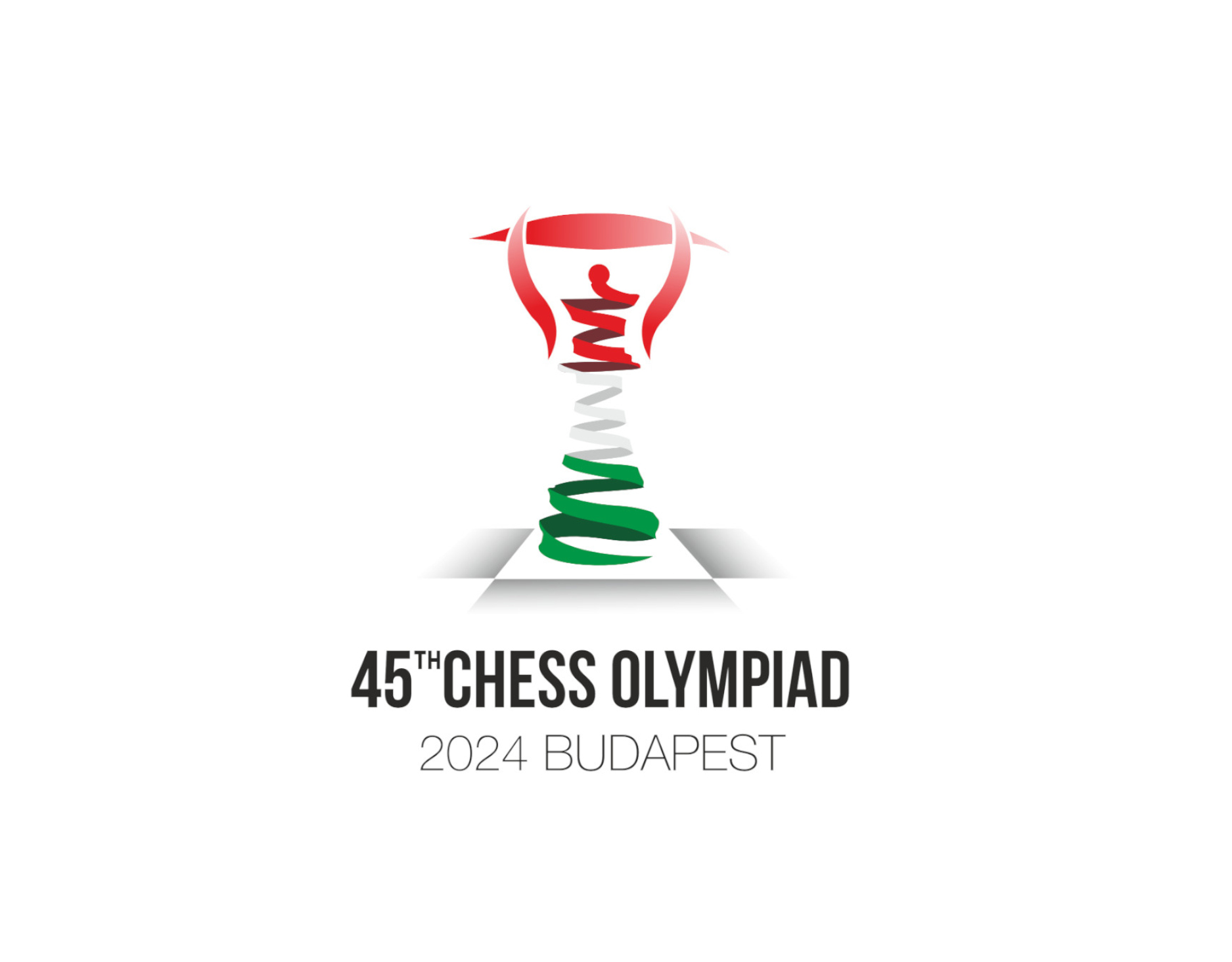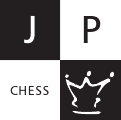Educational Chess Summit
CEST 2.15 PM - 5.45
Hungarian National Gallery, 1st floor with Live stream
Find out how chess can be used as an educational tool in the modern classroom as acknowledged educational experts, teachers and leading thinkers from various disciplines share their views, experience and passion.
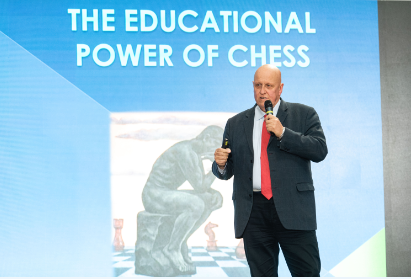
And answer the questions you want to see answered:
-Why is chess such an exceptional tool in education in 2021?
-What are the benefits?
-For what age groups is chess recommended?
-How can chess be integrated into subjects like math or language?
-What are the differences between after-school scholastic chess and chess used as a tool in class to develop everyday skills beyond chess, such as emotional intelligence?
The speakers include experts from Hungary, Sweden, USA, Spain and France.
During the Educational Chess Summit demo classes will be given based on the Judit Polgar Method.
Special guest (in a video recording): Ernö Rubik, the inventor of the world-famous Rubik’s Cube, will share his thoughts on modern education.
As a teacher you will be provided a clear insight in how to start and where to look for good practical examples around the world. You will learn more about what is the earliest age that you can use chess with children at and much more! Because.... you will be able to ask all of your questions!
You can visit this program at the venue in Budapest or follow us LIVE on stream.
-----------------------------------------------------------------------------------------------------------------------------
More about the speakers and their topics:
Hosts:
Judit Polgar (Hungary) - Grandmaster, Olympic Champion, Educational Ambassador
www.juditpolgar.com
https://www.instagram.com/judit.polgar.official/
https://www.facebook.com/JuditPolgarChess
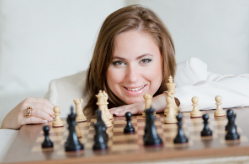
As the youngest of three chess-playing girls, Judit Polgar reached milestones that are unique to this day. At the age of 12, she became the number one ‘woman’ in the world rankings, a position she would hold for 26 years. At 15 years and 4 months she became a ‘male’ grandmaster, breaking the age record of the legendary Bobby Fischer. Following her retirement in 2014, she focused on the promotion of chess, both as a sport and as an educational tool with her Judit Polgar Foundation and the annual Global Chess Festival. She has been bestowed many honorary titles, including honorary Vice-President of the World Chess Federation, Honorary Doctor of Physical Education at Budapest University, and Educational Ambassador of the Play Magnus Group.
Leontxo García (Spain) - Chess journalist, Author
https://elpais.com/noticias/ajedrez/
Twitter: @leontxogarcia
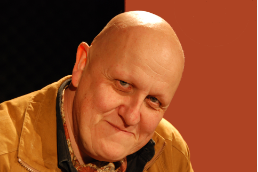
Leontxo García (Spain, 1956) works as a chess journalist (press, radio and TV) and lecturer since 1983. Councillor of FIDE on educational chess, he has trained or given lectures to more than 30.000 teachers in 30 countries. He was a guest speaker at the last two editions of ICOT (the most prominent international congress on innovative education). His book about chess and science (2013) is in its 7th edition. He has been awarded with the Medal of Merit by the Spanish Government and included in FIDE’s Golden Book “in appreciation of his excellent contributions to develop of chess in the world”. He is also the director of "Aprender con Ajedrez" (Learning through chess). In FIDE, besides being a councillor, he is a member of the Strategy Group (for chess in Education). After surveying all 195 member countries, they have designed the strategy for the next five years.
------------------------------------------------------------------------------------------------------------------------------
Judit Polgár in conversation with Ernő Rubik about his views on modern education
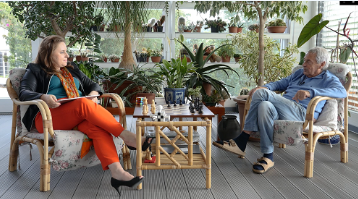
Ernő Rubik (Hungary)
professor
https://rubik.hu/
Ernő Rubik studied architecture and design in Budapest, Hungary. As a young professor in the mid 1970s, he developed several 3D constructions, among them the Rubik's Cube. Patented in 1975, Rubik’s Cube made its international debut at the New York Toy Fair in 1980 to quickly become a global phenomenon as the best-selling toy in history. In addition to the Cube, Mr Rubik patented several successful toys and design pieces including the Magic Snake and Rubik's Magic. He has also remained a prolific architect designing family homes and is actively engaged in interior design. He co-founded the Hungarian Engineering Academy, the Palace of Marvels, and more recently the Aquincum Institute of Technology (AIT) where his latest public sculpture is also on display. A recipient of numerous national and international distinctions, Mr. Rubik also acted as Ambassador to the European Year of Innovation and Creativity and was a returning member of the European Inventor Award's international jury. On the 40th anniversary of the Cube's invention, Mr Rubik opened "Beyond Rubik's Cube", a global traveling science exhibition co-produced with Liberty Science Center (NJ, USA) and Google. His new book "Cubed" was published simultaneusly in several countries around the world. He is also a board member of the Judit Polgar Chess Foundation.
Judit Polgar speaks to Ernö Rubik, the inventor of the famous Rubik’s cube. He explains how all around the world the cube has been used, and continues to be used, as an educational tool. In a playful manner the cube has helped pupils from all levels - from young children to university students - to get better mathematical and geometrical insights and to boost their visual memory. At the same time the use of the cube stimulates teamwork and competitiveness. Rubik also sees clear parallels between the use of chess and the cube as a tool in education.
-------------------------------------------------------------------------------------------------------------------------
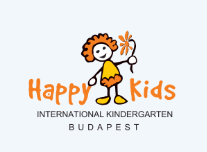
Demo lesson by Happy Kids International Kindergarden, where Chess Playground as part of the Judit Polgar Method is running as a pilot project for several years. Chess teacher: Ildikó Győri.
Chess is a learning playground with physical boundaries of the board and endless creative solutions in education. In Judit Polgar’s method chess becomes an exceptional learning tool, especially useful for children born into the digital society.
The Educational Chess approach goes beyond the usual ways of teaching chess and in Hungary it is officially part of the National Curriculum. Since 2013 the Judit Polgar Chess Palace program is successfully thought in hundreds of schools and the new and unique Chess Playground methodology is especially developed for preschoolers.
From day one in the JP Chess Playground preschool program, children get emotionally connected to the friendly chess characters and this gives them motivation to play more. The children become active participants of the story when playing games on the chess carpet and they unconsciously learn with the carefully designed tools of the program. The educational package includes books, stickers, card games, puzzles and much more.
----------------------------------------------------------------------------------------------------------------------
Dana Reizniece-Ozola (Latvia)
FIDE Managing Director, Deputy Chair of Management Board
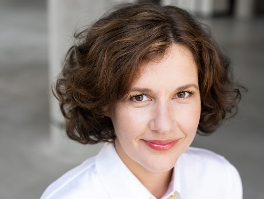
She is the current managing director of the International Chess Federation (FIDE) since 2021. She also served as minister of Economics (2014–2016) and minister of Finance (2016–2019) of the Republic of Latvia. Reizniece-Ozola has been elected as a member of the 10th, 11th, 12th and 13th[3] Saeima of the Republic of Latvia and worked as the chairperson of the Commission on Education, Culture and Science, Member of the Legal Affairs Commission and Member of the European Affairs Commission. In chess, Reizniece-Ozola was awarded the title of Woman Grandmaster by FIDE in 2001.
Her topic:
What are the challenges of the education systems in the ever changing labour market during technology era. What are the future skills and how chess can contribute in building up those.
----------------------------------------------------------------------------------------------------------------------------
Jerry Nash (USA)
National Chess Education Consultant

As National Chess Education Consultant for the Alabama Chess in Schools initiative, Jerry Nash believes in the power of chess to enable student success – both in and out of the classroom. His experience as a trainer has provided ample evidence that when teachers introduce chess to students, they create the opportunity for students to develop the skills they need to be successful. Mr. Nash has emerged as a leader in the growing international Chess in Education movement. In 2019, he was appointed to the FIDE – EDU (World Chess Federation Education Commission) Workgroup: High Quality Standards for Chess Education. In 2021, he joined both the FIDE-EDU Strategy Group and FIDE-EDU Certification and Endorsement Group, both tasked with outlining FIDE’s goals and strategies for Chess in Education over the next four years.
Chess in Education: An Ancient Game Changing the Modern Classroom
Two challenges encountered in every classroom are student engagement and the development of critical thinking skills. Teachers worldwide have discovered that inherent in the game of chess are the skills essential for success in and beyond the classroom. When teachers incorporate chess-related activities into the classroom specifically designed to introduce critical thinking skills, not only do they see increased student engagement, but they also discover that students learn these skills faster with longer retention. The added benefit is that critical thinking skills apply transversally across all curriculum subjects. Educators consistently report positive behavior changes due to better decision-making, improved focus and problem-solving, and an increased excitement about being at school. Chess is an ancient game changing the modern classroom.
--------------------------------------------------------------------------------------------------------------
Lorena García (Spain)
Primary school teacher, educational psychologist
Facebook: Lorena garcia afonso y Alfileduca
Twitter: @ganerolg y @AlfilEduCa
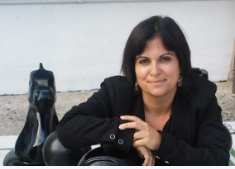
Educational psychologist, researcher, school teacher (26 years), lecturer. Selected speaker at the ICOT (Miami 2018). Speaker, since 2014, for the Kasparov Foundation Latin America. She has given lectures in Spain, USA, Mexico, Panama, Colombia, Argentina and Costa Rica. Co-author of the first published study (La Laguna University, Tenerife) which indicates that chess develops the emotional intelligence as well (not only the cognitive one). Co-author of “Aprender con Ajedrez” (Santillana). Director (since 2016) of “Educando personitas, no campeones” (educating little persons, not champions), a project funded by the Canary Islands Government to teach the teachers on chess as an educational tool in the curriculum. Codirector (on behalf of La Laguna University) of the MATE Project (educational chess), funded by the EU, in cooperation with universities from Poland, Lithuania and Alicante (Spain).
Chess and emotional intelligence
Chess is an increasingly popular subject for cognitive and socio-affective studies. Both the findings of scientists and the experience of educators and trainers show the great merits of teaching chess as an educational tool. For many years, I have been using chess, both in the classroom and for teacher training, to work on basic social skills such as problem solving, communication, self-control and empathy. If such innovative methods are used more in schools, many problems that we find today in adolescents would be reduced and mitigated. For example, problems of self-esteem, and, of course, emotional distress.
----------------------------------------------------------------------------------------------------------
Rita Atkins (Hungary)
Mathematics teacher and WIM
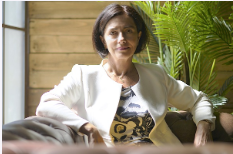
She holds a degree in Mathematics and Physics as well as a Diploma of Education from Eötvös Loránd University in Budapest, and an MSc in Computing Science from Imperial College, London. She has spent over ten years as a teacher of mathematics and physics in the UK and in Ireland. She is a Women International Master of chess. She uses her experience in competitive chess to coach her students about the mysteries of the royal game. Rita strongly believes that chess is a great educational tool. She is the co-author and course leader of the ’Teaching Mathematics through Chess’ course designed for school teachers and accredited by the European Chess Union.
“Chess and Mathematics”
“Chess and Mathematics” is a term used to describe mathematics problems that are presented on the chessboard. These problems belong to the area of recreational mathematics. They span across many mathematical fields, such as game theory, combinatorics, graph theory, geometry and logic. Geometry is the field that is closely linked to school curricula. Are there any compelling reasons why we should use Chess and Mathematics in schools? We would like to think that there are many such reasons. Firstly, a great number of mathematical problems can be presented on the chessboard with or without chess pieces. Those in favour of game-based learning will also rejoice in playing mathematical games. Another good reason is that children who are familiar with chess are also comfortable working in chess themes. Overall, Chess and Mathematics is a wonderful training ground for problem-solving that transfers to other knowledge domains. Little chess knowledge is required for Chess and Mathematics, so hopefully a lot of teachers who are not chess players will also welcome these exercises in their classrooms.
-----------------------------------------------------------------------------------------------------------------
Éva Gyarmathy, PhD (Hungary)
Senior Researcher, Institute for Cognitive Neuroscience and Psychology of the Research Centre for Natural Sciences, (Hungarian Academy of Sciences)
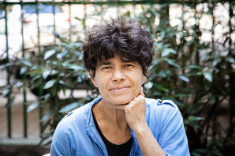
Eva Gyarmathy is a senior researcher at the Institute of Cognitive Neuroscience and Psychology. Her research interest focuses on the challenges of the 21st century, and with it on talent associated with specific learning difficulties, ADHD and/or autism spectra. She is a lecturer at several universities. She is also a consultant to schools that serve children and adolescents who could not be integrated into mainstream schools. (Photo: Anna Kerepeczki, WMN)
Chess and Research. New generational kids, new generational learning
The fast-changing environment affects the development of the brain. If a child has a genetic predisposition to a trait, several environmental triggers give to it a high chance of appearing. Diversity and the rate of neurodevelopmental disorders are increasing. The latter ones shouldn't.
Chess is a great tool to develop cognitive abilities and support learning. Research has proved it. The next step is to study the effects of chess in different educational situations and forms.
With our impact assessment, we started in this research direction. We examined the cognitive profile of children learning using the Chess Palace method. Unsurprisingly, our results show that compared to other classes, classes using chess as a learning tool performed significantly better on most cognitive variables, including more that play a role in the atypical neurological development. What is rather surprising is that the development of verbal abilities is the most significant effect.
---------------------------------------------------------------------------------------------------------
Fernando Moreno (USA)
Author, lecturer, and professional school counselor
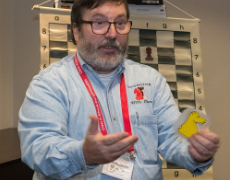
Fernando Moreno is a psychologist, who was trained in Spain and has a Master's degree in School Counseling from the Trinity University of Washington DC. For more than thirty years he has provided multicultural counseling skills to support students in their journey for academic success through the development of thinking and social emotional skills. He has lectured at international conferences, published books and regularly writes newspaper columns and articles in professional journals. In 1986 he emigrated to the United States. In 1991 he began to develop the idea of using chess as a tool for psychological work with children. He completed his innovative idea of chess as a metaphor of life in 1996 and created a program called: Chess for Success in the public schools of Montgomery County in Maryland. In 2002 his work culminated in the publication of his book Teaching Life Skills through Chess, A guide for Educators and Counselors, that received favourable reviews and has sold three editions.
Developing Social Emotional Skills - Using Chess as a Metaphor for Life
He explains and shows how working with simple chess positions can help students to solve their social and psychological problems. This approach is successful because the children’s engagement is very high. Instead of being interrogated by a counselor, they can play and learn from each other while reinforcing healthy social-emotional skills at the same time.
--------------------------------------------------------------------------------------------------------
Jesper Hall (Sweden)
International Chess Master, FIDE Senior Trainer
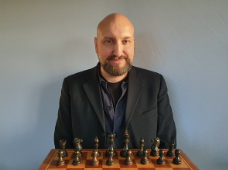
Following his career as a chess player, he switched his focus to chess training and education in Sweden. He has written 16 books on how to learn and teach chess and from 2010 to 2020 he was the national trainer of the Swedish Chess Federation. This summer he was appointed chief trainer of the Uppsala Chess Club, where he is responsible for top chess and their chess in schools project. As from 2014, Jesper Hall has been the Chairman of the Education Commission of the European Chess Union (ECU). Currently he is also in charge of chess talent development in Norway.
Chess – a way to support kids struggling with thinking!
Jesper Bergmark Hall is a top trainer and talent developer who switched to school chess. His motivation arose out of the understanding that if chess is supposed to be beneficial for society, our focus should change from looking for talents to supporting those kids that are struggling with thinking. If chess can open the world of thinking for these children that lack confidence, it can really make a difference. The impact of a changed focus is manifold, and therefore a completely new way of looking at the way chess is played and trained is needed.
-----------------------------------------------------------------------------------------------------
Bachar Kouatly (France)
FIDE deputy president
Bachar Kouatly was the first French chess player to become a Grandmaster in 1989. He holds a Master’s degree in political science and energy economics, and is former president of the French Chess Federation. He is a FIDE deputy president and the creator of the Vote Chess program for Orsay.
David Ros (France)
Mayor of Orsay
David Ros is a Doctor in Physics (Paris-Saclay) and a Professor of the University of Orsay. He has been the Mayor of the city of Orsay since 2008 and vice-president of the urban area of Paris-Saclay in charge of research and innovation.
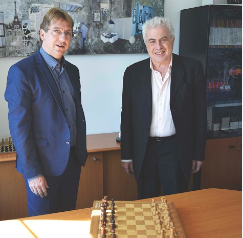
Orsay - Chess education pilot through Vote Chess
In this talk, FIDE deputy president Bachar Kouatly and the Mayor of Orsay, David Ros, will describe the history of the chess in schools program in the city of Orsay in France. The chess development program started in 2013 in five classes of the three primary schools of Orsay. Since 2016, all the classes in the city – 32 with around 1000 pupils - have been practicing chess during school time.
The speakers will present the feedback of everyone involved in the pilot and will talk about the impact of Vote Chess in education in terms of cognitive and social skills. In Vote Chess there are multiple players on both sides who vote what the next move will be, forcing pupils not only to be creative but also to work together. In the wake of this pilot the aim is to have similar pilots in other French cities too.
We reserve the right to change the schedule.

 YouTube
YouTube HU
HU

